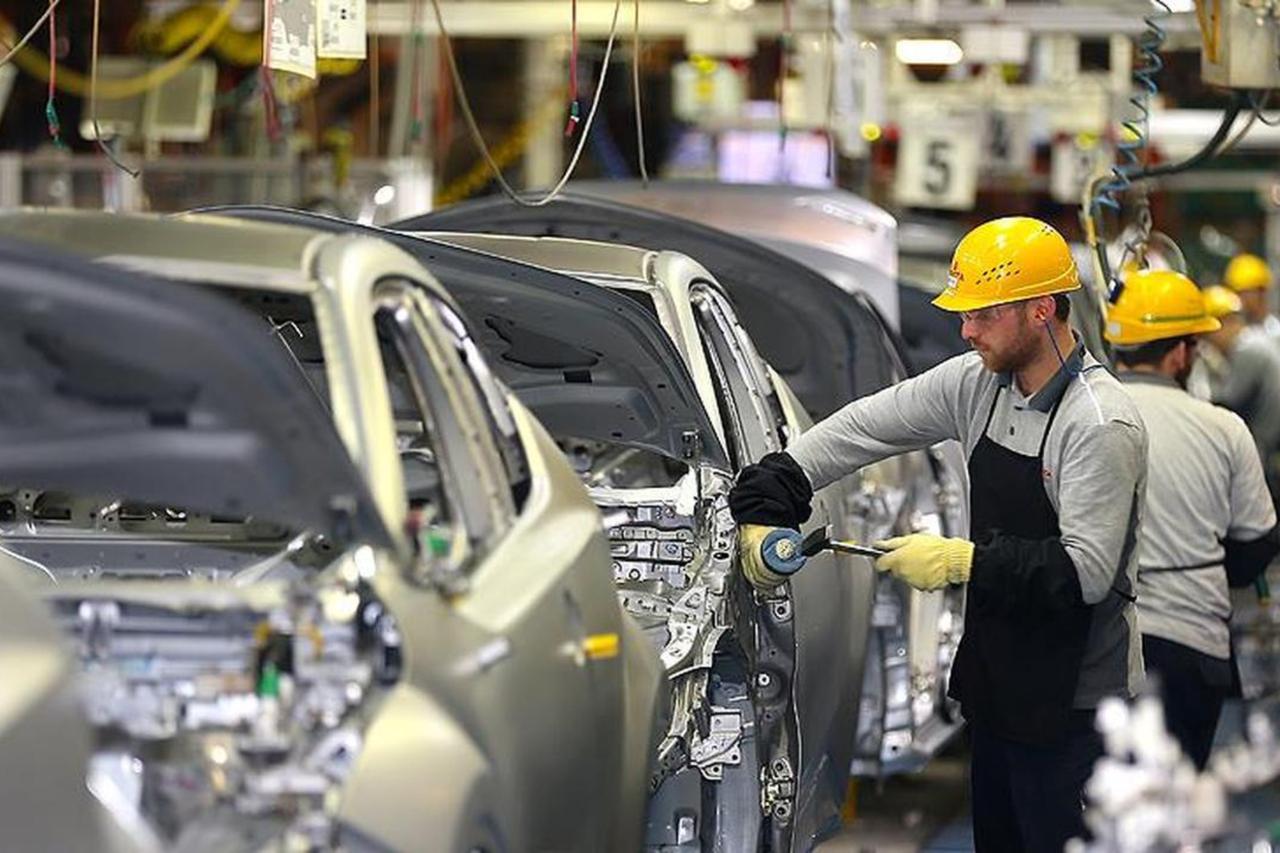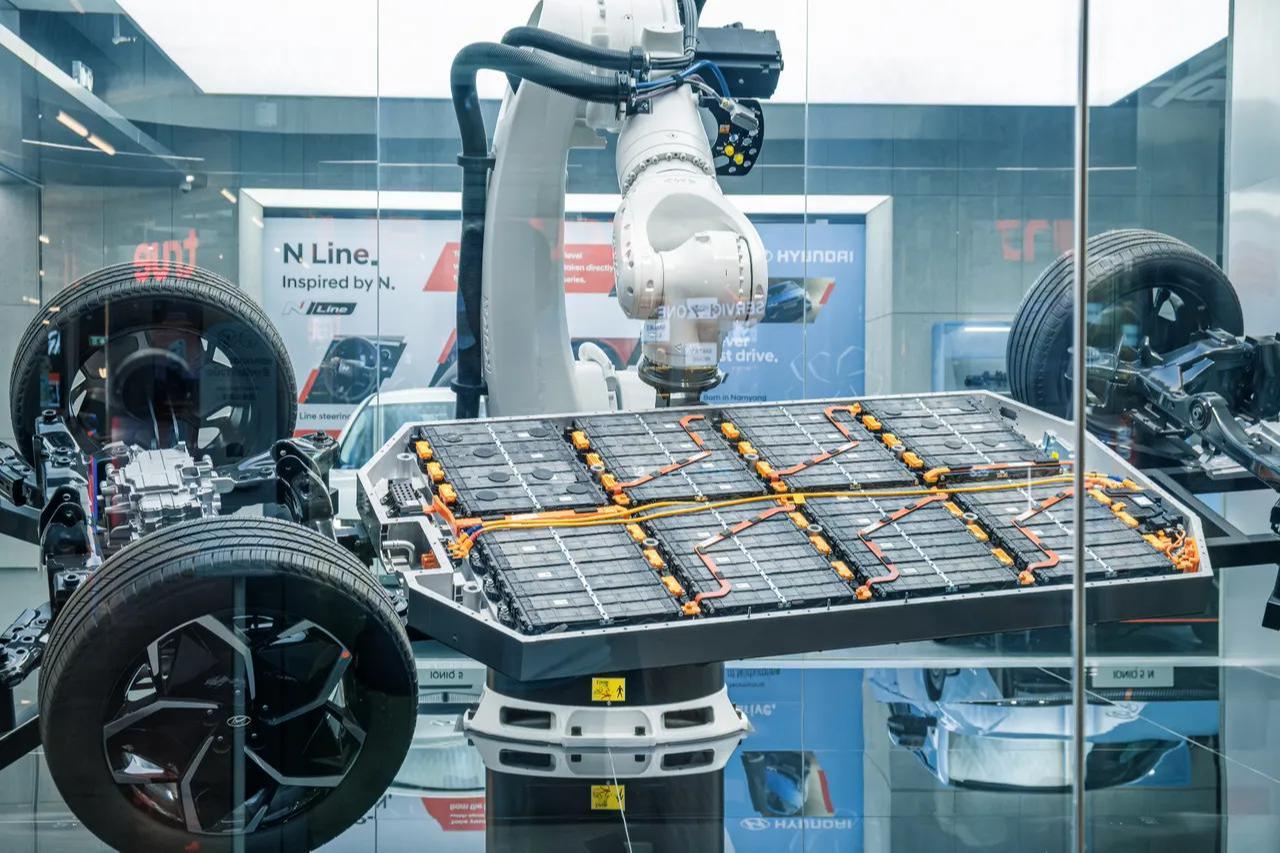
China has partially lifted an export ban on semiconductor chips made by Nexperia, the European Commission announced Saturday, defusing a standoff that threatened to halt car production across Europe.
Chinese authorities will allow exports of certain Nexperia chips for civilian use, EU trade commissioner Maros Sefcovic said, with the exemption taking effect immediately. The move comes after weeks of mounting alarm from automakers who rely on the components for vehicle electronics systems.
"The confirmation provided today... regarding the further simplification of export procedures for Nexperia chips destined for EU and global clients" marks a significant de-escalation, Sefcovic wrote on X.
The trade dispute began in September when the Dutch government seized effective control of Nexperia, a Netherlands-based company owned by China's Wingtech. The Hague justified the intervention on national security grounds, citing alleged mismanagement by the firm's chief executive.
Beijing retaliated swiftly by blocking re-exports of Nexperia's chips. The ban created immediate supply chain problems because the semiconductors follow an unusual production path: manufactured in Europe, sent to China for final processing, then shipped back to European customers and other global markets.

Major automotive supplier Aumovio said Friday it had already received Chinese authorization to resume chip exports. Volkswagen, Europe's largest automaker, had warned the shortage could force production shutdowns. Smaller manufacturers reportedly prepared to reduce worker hours.
The partial exemption appears linked to broader trade negotiations between Beijing and Washington. Reports suggest the chip concession formed part of a deal between Chinese President Xi Jinping and U.S. President Donald Trump, though neither government has confirmed those details.
Sefcovic said the EU continues discussions with China to establish "a lasting, stable, predictable framework that ensure the full restoration of semiconductor flows."